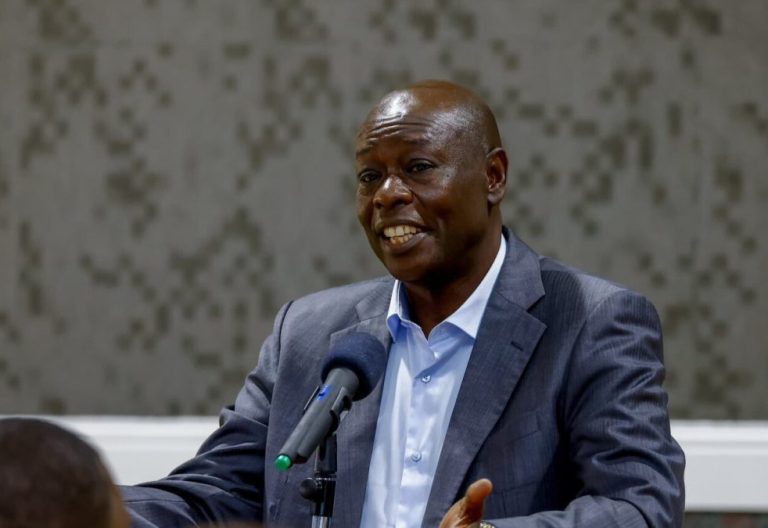Weigh good and bad in ’24 and what to change in ’25
By Ng'ang'a Mbugua, December 17, 2024The year is slowly ending. It has been, without a doubt, a dramatic one, not least because for the first time in Kenya’s history, a deputy president was impeached and replaced with a political appointee.
It has also been a year in which citizens shed one tears too many on account of high taxation of formal sector workers and a decline in the quality of health services offered under the newly introduced Social Health Insurance Fund. And more pain awaits Kenyans, with doctors set to go on strike on Christmas Eve. Let us not forget the agony that university students are experiencing due to the challenges arising from the introduction of a controversial funding model that has locked out many.
The government should, given this, take time for introspection so that it can align its goals, policies and programmes with the aspirations of the people, since citizens are designated as the sovereign under Article One of the Constitution. It should worry government honchos that 37 percent of respondents in a survey that Infotrak released yesterday indicate that they have no confidence in the Executive. A similar percentage also lacks confidence in Parliament and 30 percent have no confidence at all in the Judiciary.
The top leadership of these arms of government ought to go back to the drawing board to find out where the rain started beating them and what they need to do so that they can shore up citizens’ confidence in them come 2025.
This is not to mean that only public institutions should take a hard, unflinching look at their scorecards. Private sector players have also left a great deal to be desired, starting with the banking sector. For two times in a row, they ignored policy directives from their regulator, the Central Bank, to reduce lending rates so that they can shore up the economy. They blatantly failed to do so until this month when the regulator threatened them with sanctions. Such impunity needs to be reined in, especially considering that many individuals and small businesses are struggling to meet their loan obligations.
Indeed, according to the Infotrak survey, high cost of living at 51 percent and unemployment at 36 percent were cited as the biggest challenges facing citizens. These, compounded by corruption, have left workers with less disposable incomes, thus compromising their ability to, among other obligations, pay their debts. So, when banks make it worse by maintaining higher than approved lending rates, they make life all the more difficult for everyone in the economy.
Whereas leaders in other countries are preoccupied with ideas about how they can improve the quality of life of their citizens, here in Kenya, they are more interested in lining their pockets and aligning public programmes and expenditure with their private interests. That is why, though it sounds futile, it is important to remind them to reflect about how much is enough so that they can escape from the rat race of unchecked accumulation for private gain at public expense.
There is a lot we ought to have done, as private citizens and as a collective, that would have made Kenya a better place for all. However, since we did not do them in 2024, we can still commit to do them in 2025 so that we can individually and collectively create a lasting positive legacy for posterity. How, for instance, can we improve the quality of education for our children? How can we build better roads so that our farmers can easily access markets? How can we reduce the cost of doing business so that we can create more jobs and boost our savings culture?
These are important questions that we need to address ourselves to in the coming year. And they are not just coming from the blue. These are the issues that citizens have said they want addressed, judging by the results of the Infotrak survey.
— The writer is the Editor in Chief of The Nairobi Law Monthly and Nairobi Business Monthly; Mbugua@nairobilawmonthly.com
More Articles

